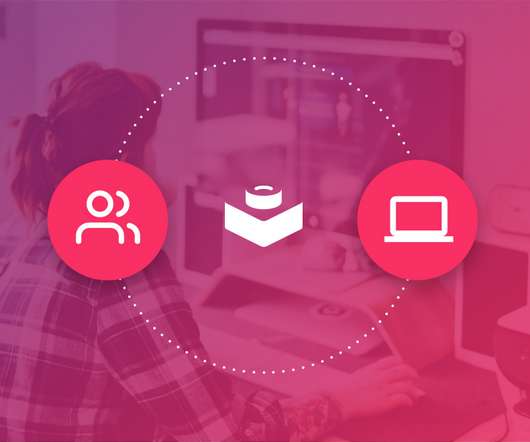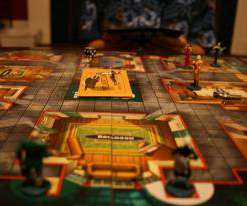The Power of Your Network | Social Learning Blog
Dashe & Thomson
FEBRUARY 9, 2011
Networking comes naturally for some people, but not-so-much for others. Why is networking so important anyway? From a personal perspective, networking builds new relationships through which you can share information, answer questions, and make new connections. So big deal, you say.
























Let's personalize your content